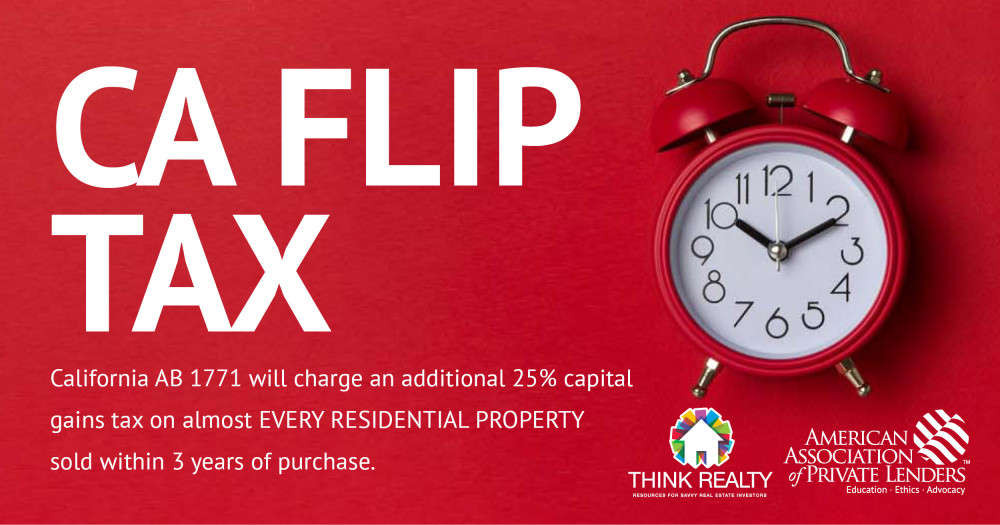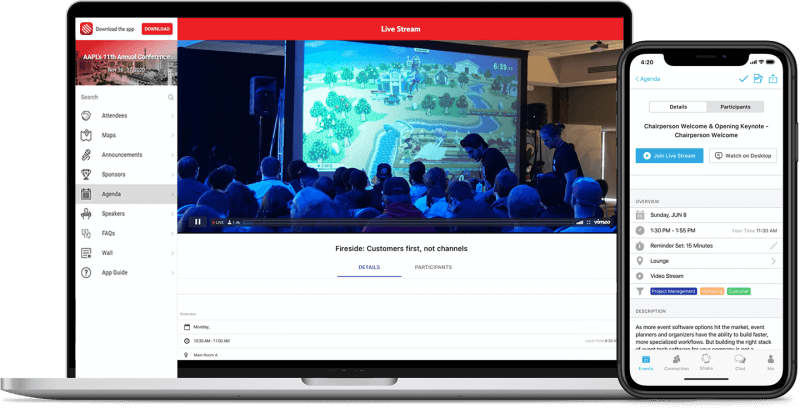The devil is in the details, so the GRC relies on AAPL members to alert us to proposed legislation that could impact the industry.
The AAPL Government Relations Committee endeavors to monitor legislation that may impact you—both positively and negatively.
Much of this legislation is at the federal level,including recent foreclosure restrictions, changes involving the Home Mortgage Disclosure Act, and regulations issued by the U.S. Securities and Exchange Commission. The GRC also tracks actions, opinions, and guidelines issued by the Consumer Financial Protection Bureau.
In addition, the GRC monitors state and local legislation, which may have an even greater impact on your lending activities. Although changes at the state and local level have the potential to significantly change your business policies and practices, these changes are not always obvious. Monitoring thousands of proposed bills can be daunting. However, you play a critical role in the process by working with the GRC and bringing potentially impactful legislation to the GRC’s attention.
Mitigating New York Threats
In 2021, the GRC helped block implementation of a bill in New York state that would have required a license to transact a business-purpose loan. Only 10 states presently require licenses for certain business purpose loan transactions, and this legislation would have had a significant impact on those of you who transact business in New York. The impact of the legislation likely would have carried over to surrounding states too.
In particular, New York Assembly Bill A01420 and Senate Bill S1061 in their original forms (parallel bills) would have required any person or entity engaged in the business of making or soliciting “commercial financing products to businesses” of less than $500,000 in New York to obtain a commercial financing license. Although the bills generally were directed at perceived abuses by factoring capital providers (e.g., high rates and high numbers of defaults), the bills were broadly written and did not contain the exemptions that were included in prior, similar pieces of legislation.
The proposed legislation would have had the unintended consequence of requiring many AAPL members to obtain a commercial financing license. Similar bills had included exemptions for parties involved in fewer than five transactions per year, banks, credit unions, insurance companies, certain other licensed entities, and most commercial loans secured by real property. And, the state of New York already regulates consumer mortgage lending activity through other licensing regimes—generally limited to loans made to individuals primarily for personal, family, or household purposes.
The penalty provisions of the bills were draconian. If you did not obtain and operate under the proper license, the penalty provisions could have resulted in the complete voiding of the loan, including the loss of your principal.
The GRC immediately engaged in several ways. It conveyed an official policy position that raised objections to the bills and proposed a business purpose exemption that matched previous New York legislation, namely an exemption for “any commercial financing product secured by real property.” The GRC also mobilized its lending partners in the region and coordinated an email campaign. Additionally, GRC members Ruben Izgelov and George Caballero met with state officials to express AAPL’s concerns and to propose alternatives. Ultimately, the bills never moved past the committee stage. Although the bills may be reintroduced, the GRC continues to monitor them and remains in contact with their sponsors.
Colorado Watchdogs
In Colorado, bill LSS No. 21-0508 would have required a license to service business purpose loans (including self-servicing). This bill would have created the Colorado Nonbank Mortgage Servicers Act. It would have placed certain types of nonbank mortgage servicers that service mortgage loans under the oversight of the administrator of the Colorado Consumer Credit Code. Further, the bill would have required these servicers to abide by requirements related to record-keeping, reporting, record requests, examinations, and inspections, among other requirements. A violation would have been defined as a deceptive trade practice under the Colorado Consumer Protection Act.
This bill was introduced through regulatory action and not through normal legislative channels. It is a prime example of how your efforts can assist the GRC. This Colorado bill was brought to the attention of the GRC through AAPL member Boomerang Capital Partners. The GRC promptly went into action and provided an explanatory memorandum, connected directly with the bill’s sponsor (Rep. Mike Weissman), and coordinated with the Colorado Mortgage Association to completely carve out a business-purpose lending exemption. The bill did not move forward in 2021, but it may be reintroduced in 2022. As it is doing with the New York bills, the GRC will continue to monitor future attempts to resurrect the Colorado bill.
These are only the most recent examples of how AAPL members are working with the GRC to address legislation that may have unintended, detrimental consequences for AAPL’s members. Although these and other pieces of legislation are not always directed at the private lending industry, they could have huge implications if concerns are not addressed.
What to Watch For
Proposed state and local legislation may not get the big headlines federal legislation gets. However, state and local legislative issues may impact your business as much or more than federal legislation.
Here are some areas where changes can create issues for you, so be alert to them:
- Commercial licensing
- Business purpose licensing
- Expansion of the definition of consumer purpose licensing
- Origination licensing
- Expansion of licensing to real estate secured lending
- Transfer tax issues
- Servicing issues
- Origination issues
- Owner-occupied housing issues
- Restrictions on fees or costs
- Fair lending (particularly state supplements to federal fair housing laws)
- Changes to foreclosure laws (judicial and nonjudicial)
- Usury issues and caps on fees or costs
- Prohibitions on terms
- Changes to enforcement mechanisms
- Changes to security requirements
- Consumer protections in general that may (intentionally or not) carry over to commercial or business purpose loans
- Changes to state enforcement agencies or regulators
- Assignee liability
- Insurance requirements
- The broadening of “abusive lending” activities
- Ability to pay, prepayment restrictions, and amortization restrictions, particularly pertaining to commercial or business purpose loans
- Alternative dispute resolution restrictions (e.g., mandatory mediation or arbitration limits or requirements)
- Loan flipping
- In general, proposals that may restrict or impede private lending activities
More and more cities and counties are enacting local laws similar to state lending laws, particularly involving prohibitions on certain lending practices deemed to be abusive. Although these laws primarily pertain to consumer purpose loans, there may be a trend toward more local involvement in all categories of lending. These local developments may also raise preemption issues and conflicts between the roles of the state and municipal regulators.
How You Can Engage
The primary role of the GRC is to advocate for your best interests; each piece of legislation is addressed on a case-by-case basis. In some instances, the GRC coordinates with other entities, including the Mortgage Bankers Association or one of its state affiliates, real estate organizations such as the National Association of Realtors or one of its state affiliates, land title associations, state associations of mortgage professionals, and builder and developer associations.
If you are aware of potential legislation that may impact the private lending industry (good or bad), please reach out to the GRC. You can do so by completing the online form at https://aaplonline.com/government-relations/report-a-bill/ or directly reaching out to GRC members:
- Chris Ambrose (West), crambrose@ambroselaw.com
- Chris Ragland (Southwest), chris@raglandrealty.com
- Cort Chalfant (Mountain), cort@nexuslending.net
- Mike Fallot (East North Central), mike@mmlending.com
- George Caballero (East South Central), george@georgecaballero.com
- Matt Gunter (New England), MGunter@rcncapital.com
- Nema Daghbandan (South Atlantic), nema@geracillp.com
- Ruben Izgelov (Middle Atlantic), ruben@welendny.com
- Linda Hyde (Vice President of AAPL), lhyde@aaplonline.com
- Kat Hungerford (Project Development for AAPL), khungerford@aaplonline.com
The GRC counts on AAPL members to keep tabs on state and local legislators. The devil is in the details, and your active engagement is paramount.












Leave A Comment